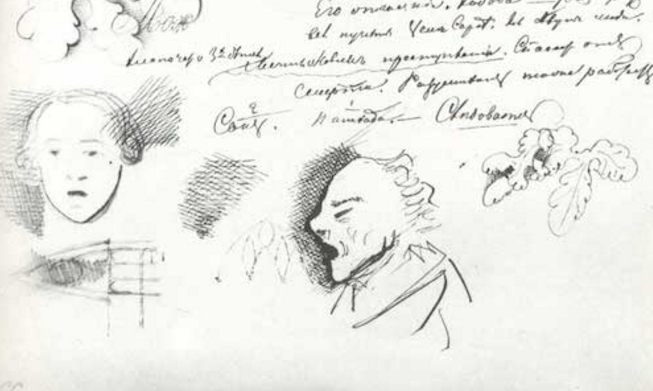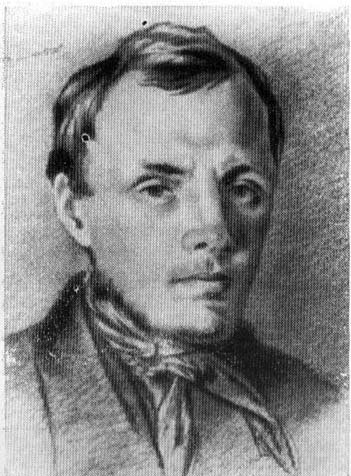
The scope of the novel being situated almost entirely within his mind while dealing with these complex topics was brilliant. His shifts in ideology were thoroughly profound as it was never a complete switch but rather a gradual process that held uncertainty, where the book stated "unescapable torment and endless joy" would be present for the rest of his life.


He had to accept love, rather than reject it as he did throughout his life. Love was needed for him to grow, yet being supplied with love was simply not enough. The ending was amazing as well, and I appreciated how central Sonya was to his character growth. A large majority of the novel deals with the hypocritical nature of his actions and how much this conflicts with the philosophy he had seemingly chose to follow.

He tells himself he does not have the need for human connection, yet he helps a destitute family suffering loss. He believes he has erred, yet instantly decides that the old lady was a louse that needed to be vanquished. He's always waiting to confess, yet immediately changes his mind. Raskolnikov is essentially a walking paradox, where his actions are almost always conflicting with what he supposedly believes. In a way, his humanity confines him, but he wants to transcend these norms that the broader society seems to follow, condemning everyone around him and ultimately himself as well. The book serves as both an argument for and against the idea of the Ubermensch, in which Raskolnikov's theoretical beliefs are built upon rationality but also unrecognizing of the psychological and emotional repercussions. He isn't a Napoleon not due to his inability to view his choices with conviction, but rather due to this arbitrary "Napoleon" notion being inherently flawed. This conception of himself he has built up is torn apart by the simple commoners he looks down upon, and he is practically unable to accept society, thus forcing societal rejection of himself. However, his reality comes crashing down as he is whipped for obstructing traffic and is even mistaken to be a beggar. A scene that especially spoke to me was how Raskolnikov kept telling himself he was above the need for human connection on the bridge during the early chapters, thinking of himself in a somewhat narcissistic way divorced from the common folk. There is no categorization of people under regular folk and "Napoleons," when we all are seemingly insignificant yet wholly important in our own ways. The philosophy surrounding Raskolnikov on how no human being is inherently special, no matter how much they may will for it, served as something both grounding yet realistically bleak.

I honestly think this is one of the best stories I've experienced.


 0 kommentar(er)
0 kommentar(er)
